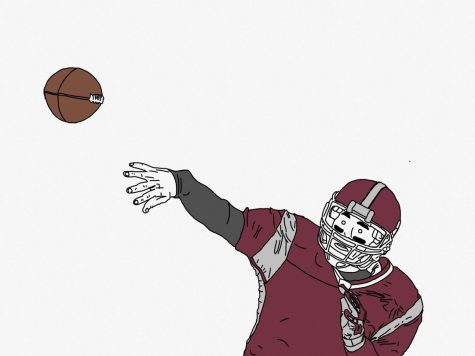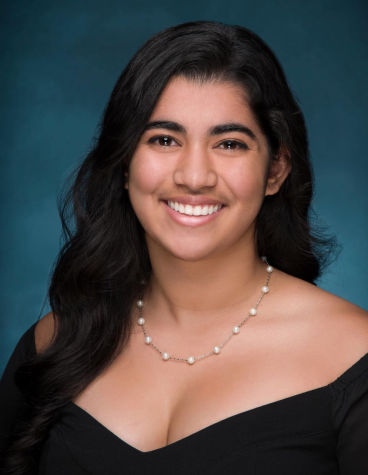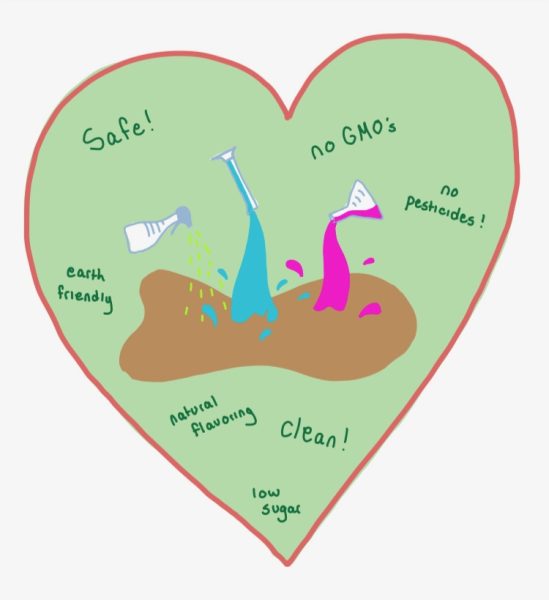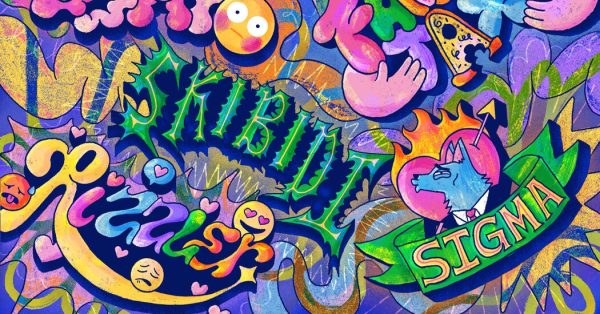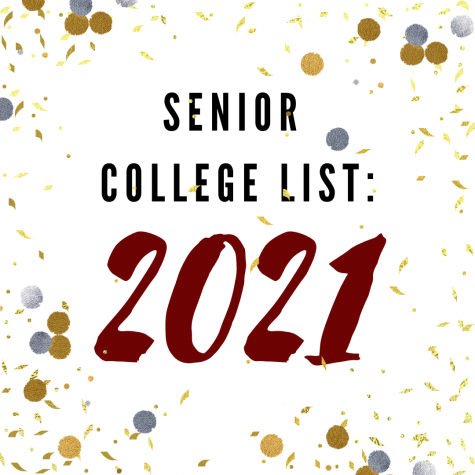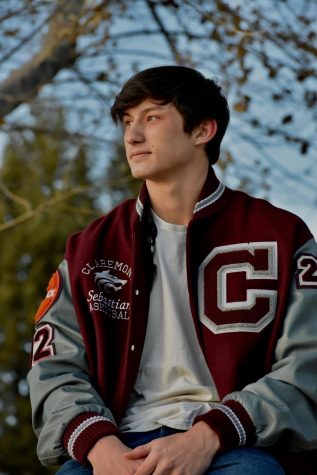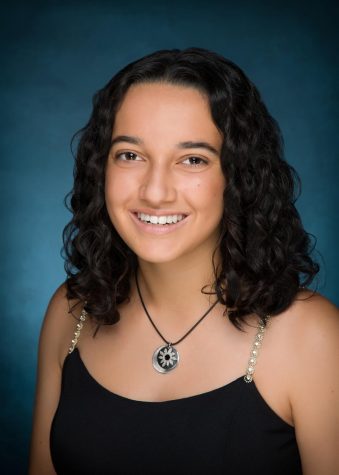Transition troubles; El Roble’s pessimistic attitude towards advanced classes is destructive
Picture an eighth grader: they are coming to the end of their middle school days, dreaming about high school, that next chapter of their life which seems so big and foreign. As they fill out their course selection form for next year in class, they raise their hand to ask their teacher the requirements needed for Honors Freshman English, only to be told something along the lines of: “Oh, that’s hard! You don’t take that unless you’re really serious about English!” Many remember middle school as the worst years of their early lives. From the hormonal and bodily and social changes to the outright awkwardness of trying to fit in and find yourself–it is just no one’s peak moment. However, there is supposed to be a method to all this madness. The goal of middle school is to prepare early teens for high school, and give them all the encouragement and support in the world necessary for that.
Unfortunately, teacher support and encouragement is not always given like it should be. High school should be a time of exploration; a time for students to leap out of their comfort zones, try new things, and find their interests. Yet, there are numerous stories of El Roble students being talked out of or dissuaded from taking advanced classes by their middle school teachers. Teachers send the message that if English is not a student’s favorite and best subject, then that student should not even consider taking Honors Freshman English, one of the only advanced classes CHS offers to freshmen. Instead of promoting curiosity and engagement, their reaction seems to shut students down.
This is destructive to students for multiple reasons—the first being that students are taught to look at teachers as role models, and when their role models tell them to take the path of least resistance, it sends a poor message and affects the students perception of themself and their intelligence. It’s the old saying, “You can’t be what you can’t see.” That is not proper education; that is not making students want to work hard and want to learn, training them for the difficulties life presents, or helping them to think of themselves as capable of rising to challenges. Now of course, it is part of a teacher’s job to be realistic with students, and honors classes aren’t for everyone—but if a student is interested in or wants to take a class, nothing and no one should stop them from that. Why does this matter? Because going into high school, students who wish to take advanced English (or advanced math) often need their eighth grade teachers’ approval or even recommendation to do so. They also need a moral boost as they enter this new arena. This is a very negative attitude that should not be placed on students.
Another disappointing failure to launch in this transition to high school starts with how the counselors introduce the topic of college. Every year, eighth graders meet during their PE classes with counselors to view a presentation and discuss starting high school and the path to college. Although this type of meeting makes sense and takes place for a reason, there is a very negative and semi-depressing tone that comes from the presentations. The speakers and counselors generally have the attitude that most of the students watching will not go to college. They, again, make honors classes and the IB and AP programs sound too difficult for the average hard-working student. For those who don’t have older siblings who are in or have been through high school, it’s easy to fall into the school’s limiting trap. As a student, this can feel pretty off-putting. The tone and the message is alarmist opposed to uplifting.
El Roble should embrace its role as a transitional launching pad and excite students instead of presenting things in such a dismissive, pessimistic manner. Hopefully they will soon recognize the effects of this kind of message and turn it around, because they have so much potential to set kids off on the right foot.
Hello there! Our goal is to provide relavent, engaging journalism for readers of all ages. Your donation will support the student journalists of the Wolfpacket at Claremont High School, and will allow us to purchase equipment, print our monthly issues, and enter in journalism competitions. We appreciate your consideration!
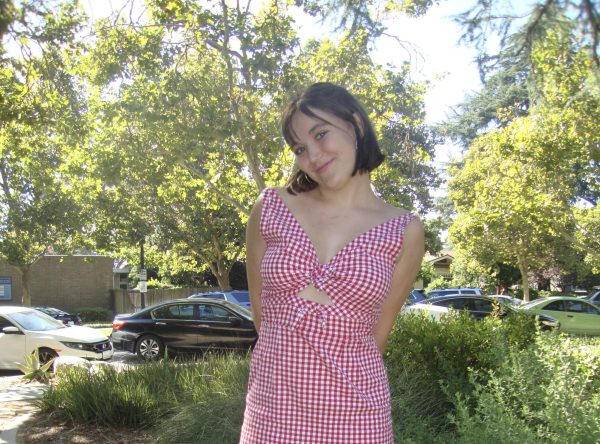
Izzy Thomas is a senior at CHS and one of the three Editors-in-Chief for The Wolfpacket. Her hobbies include taking photos, cooking, playing guitar, and...





